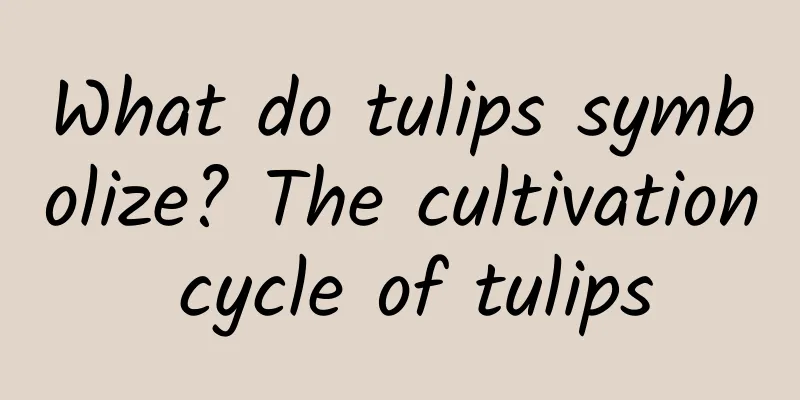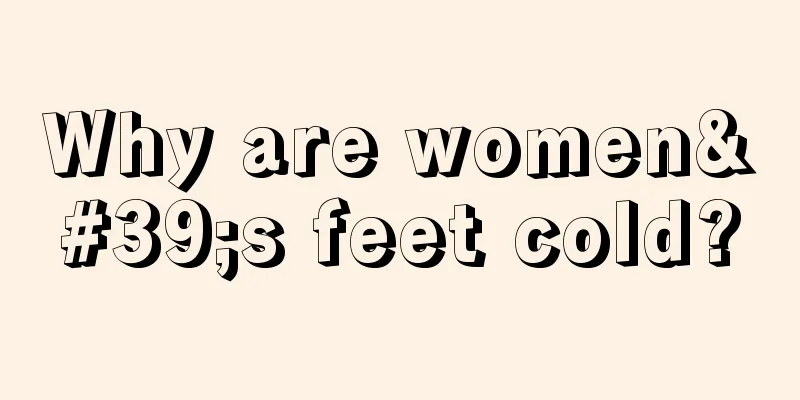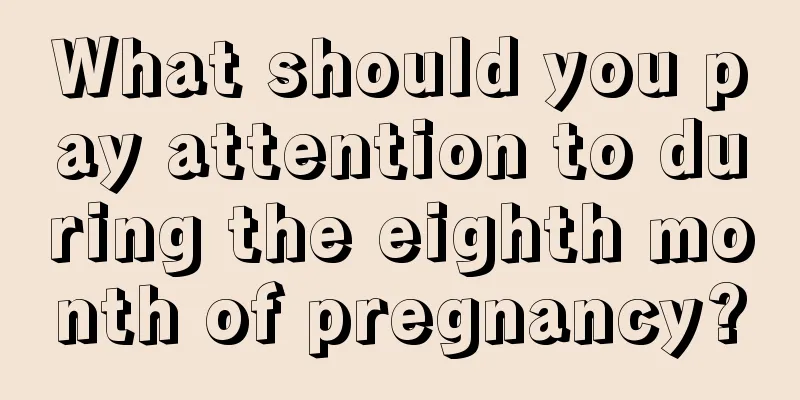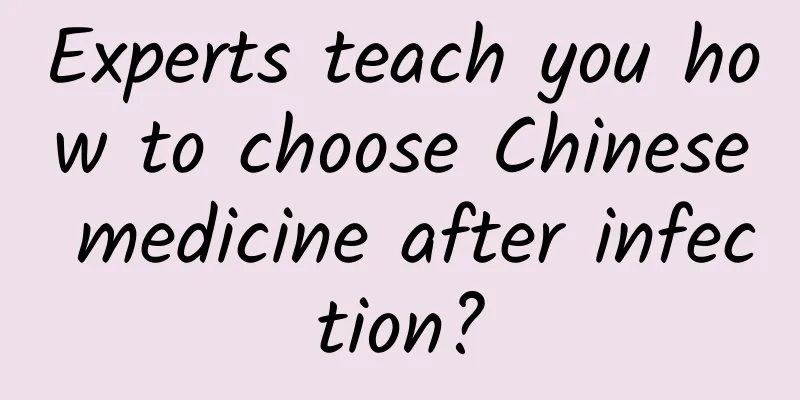Do you know that drugs can cause high blood pressure? | National Hypertension Day
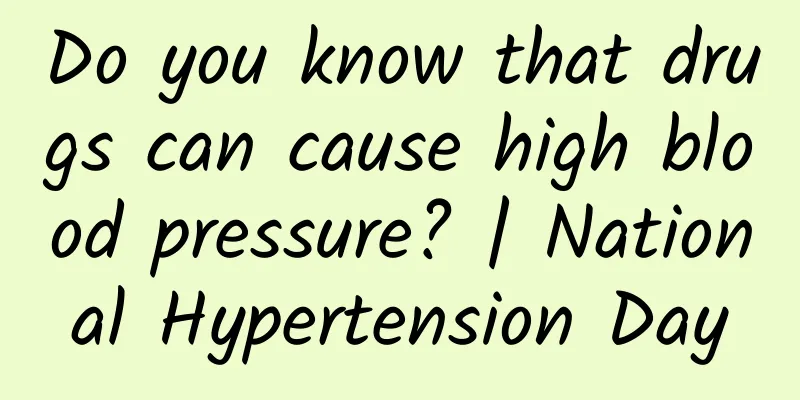
|
1. Case Introduction The patient, a 42-year-old male, had undergone surgery for a pituitary tumor for more than half a year and had been taking prednisone acetate tablets regularly. In the past three months, the patient's blood pressure monitoring found that his blood pressure values had gradually increased. The patient suspected that the increase in blood pressure was related to his taking prednisone acetate tablets, and consulted the pharmacy clinic. Can drugs cause high blood pressure? What drugs will cause this situation? How to deal with it? 2. Drug-induced hypertension Some drugs can cause high blood pressure, which is a side effect of the drug, called drug-induced hypertension. Drug-induced hypertension is caused by the regular dose of the drug itself or the interaction between the drug and other drugs, and is considered drug-induced hypertension when the blood pressure is greater than 140/90 mmHg. In simple terms, when some drugs are used reasonably to treat diseases, they may induce high blood pressure. 3. Common drugs that cause drug-induced hypertension Drugs that may cause drug-induced hypertension mainly include: ⑴ Hormonal drugs, such as estrogen (estradiol, nilestradiol, ethinylestradiol, etc.), progesterone (such as medroxyprogesterone acetate, norethindrone, medroxyprogesterone acetate, etc.), androgen (methyltestosterone, nandrolone phenylpropionate, stanozolol, etc.), oxytocin, posterior pituitary hormone, glucocorticoids, mineralocorticoids, thyroxine sodium, etc. ⑵ Drugs that affect sympathetic nerve excitability, such as anesthetics (ketamine, sevoflurane, cocaine, etc.), anti-parkinsonian drugs (levodopa), adrenergic β2 receptor agonists (salbutamol, bambuterol, terbutaline, etc.), theophylline (aminophylline, doxofylline, dihydroxypropyltheophylline, etc.). ⑶ Non-steroidal anti-inflammatory drugs, such as indomethacin, ibuprofen, and ericoxib, etc. ⑷ Chinese herbal medicines, such as licorice (diammonium glycyrrhizinate, compound licorice tablets, etc.), ephedrine (ephedrine hydrochloride nasal drops, compound pseudoephedrine hydrochloride sustained-release capsules, etc.). ⑸ Others, such as monoamine oxidase inhibitors, thiazolidinediones, recombinant human erythropoietin, cyclosporine and immunosuppressants. 4. Treatment of drug-induced hypertension In principle, once it is confirmed that hypertension is related to medication, such drugs should be discontinued as much as possible and replaced with other drugs or antihypertensive drugs should be used. When drug-induced hypertension occurs, first consult a specialist whether the corresponding drug can be discontinued. If the condition permits, discontinue the drug; if the drug cannot be discontinued, consult whether other types of alternative drugs can be used; when discontinuation or replacement of drugs does not work, antihypertensive drugs should be used for antihypertensive treatment as appropriate. For hypertension induced by different drugs, the preferred antihypertensive drugs are different due to different mechanisms. If you have any needs, you can consult in the comment area. Conclusion When taking drugs that may increase blood pressure, regular blood pressure monitoring should be performed. If blood pressure is found to be elevated, appropriate treatment should be given in a timely manner. |
<<: Can you only extract one tooth at a time?
>>: 7 eating habits that cancer cells love most. Avoid them from now on
Recommend
Knowledge about urinary tract infection in women
We all know that our country is developing much f...
What causes excessive menstruation?
Don’t think that only the absence of menstruation...
Why are my nipples wet?
Moist nipples in women are a very common phenomen...
Why do we feel more energetic the more we stay up late?
Reviewer of this article: Chen Haixu, Deputy Dire...
What should I do if I have bleeding during the safe period?
Recently, I have heard several female colleagues ...
Can I drink water before taking the glucose tolerance test?
A woman's body will undergo many changes duri...
Do you know how to use medicine correctly?
Do you know how to use medicine correctly? Author...
How to go to the hospital to give birth during the epidemic? Which hospital to go to for childbirth during the epidemic?
As we all know, due to the impact of the new coro...
Can't see the blackboard clearly in the new semester? Don't let the "back to school season" become your child's "myopia season"!
During the holidays, children are addicted to mob...
Can I get pregnant if my leucorrhea is yellow?
Leucorrhea is a normal secretion from the female ...
What face wash can remove acne? A must-see for those who love beauty!
Acne is the number one enemy of all those who lov...
Can vulvar leukoplakia be cured?
Vulvar leukoplakia is a relatively common vulvar ...
How much do you know about myocardial infarction?
1. Concept Myocardial infarction, English name: (...
Popular Science | Cherish the present and grasp the future
Author: Xu Wenjing (Rehabilitation Therapist), De...
What does throwing away maternity mean?
What does "Throwing away gynecology" me...
